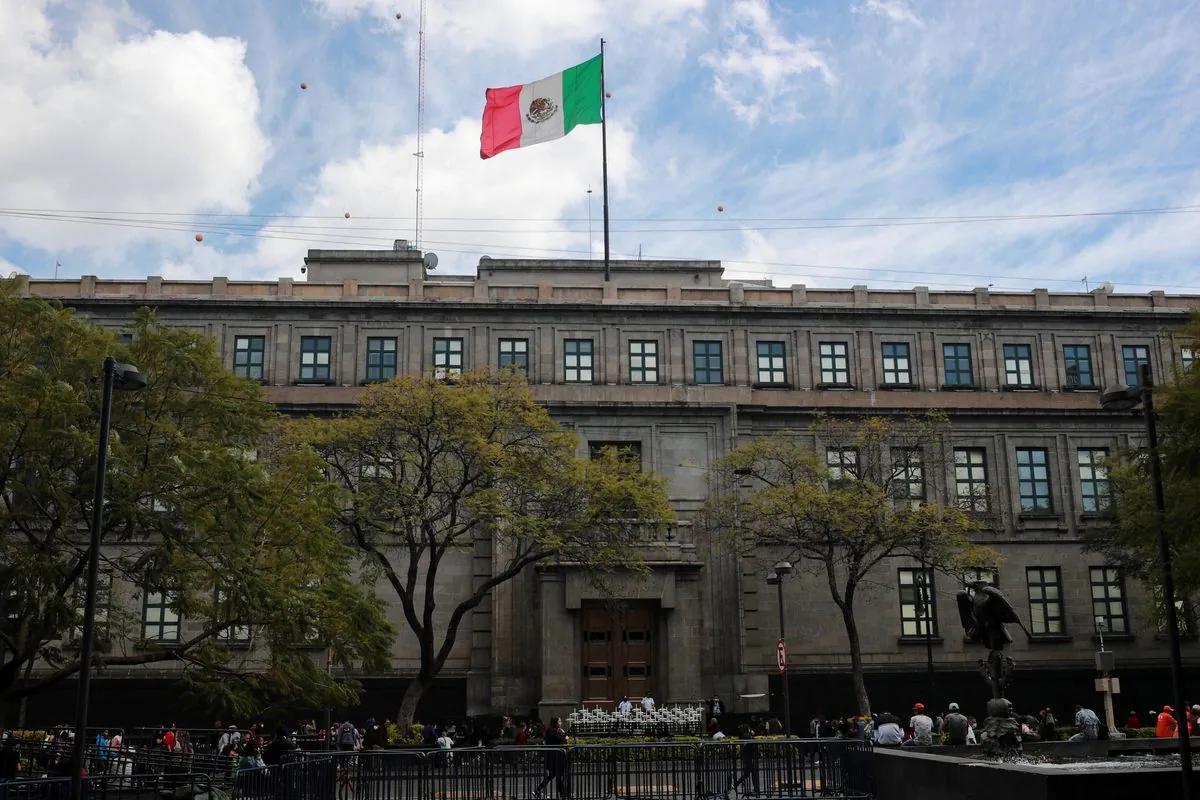Mexico Implements Landmark Judicial Reform, Introducing Elected Judges
Mexico's controversial judicial reform, allowing voters to elect judges, took effect. The change, championed by President Lopez Obrador, aims to serve citizens better but faces criticism over judicial independence concerns.

In a significant shift for Mexico's legal system, a judicial reform allowing citizens to elect judges has officially come into effect. The constitutional changes were published in the government gazette on Sunday, September 15, 2024, marking a major legislative achievement for President Andres Manuel Lopez Obrador in his final weeks in office.
Lopez Obrador, who has frequently criticized judges as corrupt, argued that this overhaul was necessary to better serve the interests of ordinary citizens. The reform, approved by his allies in Congress and a majority of state legislatures earlier this month, represents a departure from Mexico's traditional judicial appointment process.
"This reform is crucial for ensuring that our judicial system truly serves the people of Mexico."
Critics of the reform, however, express concerns that electing judges rather than appointing them could compromise the judiciary's political independence and potentially undermine investor confidence in the country.

The implementation of this reform marks a significant change in Mexico's legal landscape. Mexico's judicial system, which is based on civil law and divided into federal and state court systems, has its roots in Roman, Spanish, and French legal traditions. The country's legal framework has been undergoing reforms since the late 1990s to improve transparency and efficiency.
The Supreme Court of Justice of the Nation, Mexico's highest court, consists of 11 justices, known as ministers. Previously, these justices were appointed by the President and confirmed by the Senate. This new reform introduces a democratic element to the selection process, aligning more closely with practices seen in some parts of the United States rather than typical Latin American judicial systems.
Lopez Obrador signed the decree for the reform's publication in a video posted on social media, sitting alongside his successor, Claudia Sheinbaum. This symbolic gesture underscores the significance of the reform and its potential long-term impact on Mexico's governance.
The publication of the constitutional reform in the government's gazette initiates the process of preparing for the first judicial elections. These elections, scheduled for June 2025, will include voting for federal judges, including Supreme Court justices.
As Mexico moves forward with this unprecedented change, the country faces the challenge of balancing democratic participation in the judicial system with the crucial principle of judicial independence. The success of this reform will likely be closely watched by legal experts and policymakers worldwide, as it represents a unique approach to judicial selection in a major Latin American nation.


































